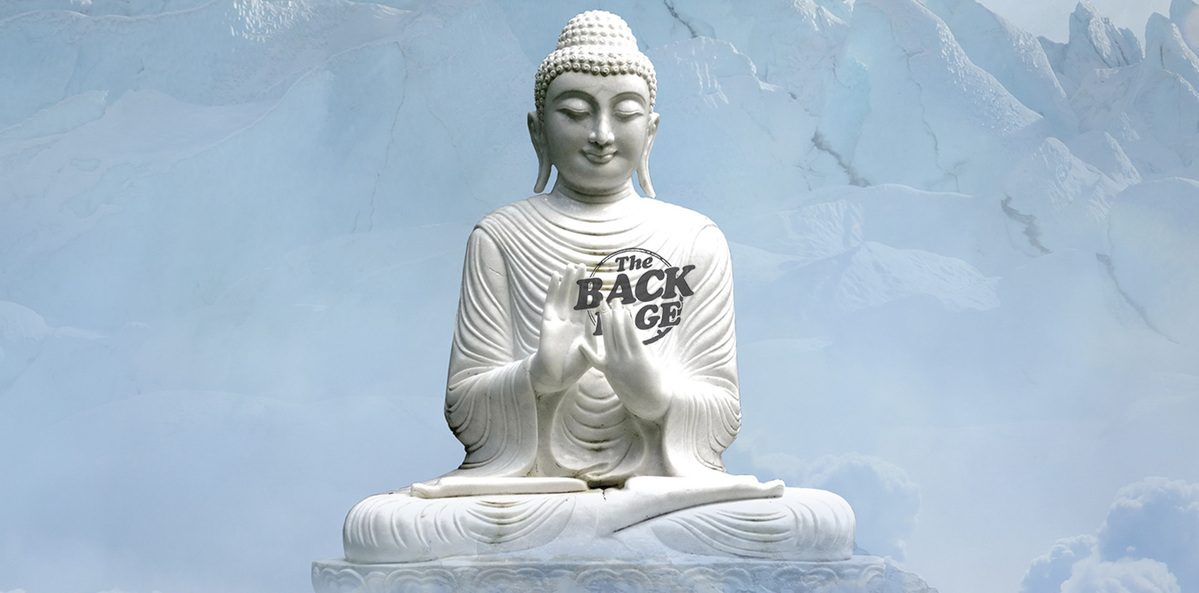Some enlightening research on combating neurotic stress and depression.
Fans of the absolutely fabulous TV series Absolutely Fabulous will possibly recall that the famously neurotic key character, Edina Monsoon, at times proclaimed to be a Buddhist.
However, like all of Eddie’s fads, her adherence to the religion’s fundamental beliefs was tenuous and shallow, if highly entertaining nonetheless.
But had the Eddie character, created and played by the peerless Jennifer Saunders, actually adhered to Buddhism’s fundamental system of ethics then she might genuinely have been doing her flaky mental health a favour.
According to research published this week in the journal PLOS ONE, people with high levels of neuroticism and stress may be at greater risk for depressive symptoms, but those links could be buffered for people who observe the five precepts of Buddhism.
For the uninitiated, the five precepts we are talking about here are: don’t kill, steal, engage in sexual misconduct, tell ill-intentioned lies or use intoxicants. (Eddie can’t have been paying attention when that last one was mentioned.)
The boffins, from the psychiatry department of Thailand’s Chiang Mai University, say that previous research has already shown that a dedicated following of Buddhist precepts can boost wellbeing and quality of life, but this new study establishes a link that suggests the practice can also ease symptoms of depression.
Focusing on known links between neuroticism, stress, and depression, the researchers undertook a survey of nearly 650, predominantly female, Thai adults designed to measure their levels of perceived stress, neuroticism and depressive symptoms, as well as their observance of the Buddhist precepts.
What they found was that the folks who adhered to the precepts to a high degree appeared to be less likely to be negatively affected by perceived stress, suggesting that people with raised levels of neuroticism and stress might be less likely to develop depression if they followed the five precepts closely.
However, the researchers were quick to add that while the study pointed to the potential benefits of Buddhist beliefs in the context of depression, it did not confirm a cause-effect relationship, and that larger studies of a wider cross-section of Thai society would be needed to establish causality.
“The five precepts practice makes other people feel safe, as all these behaviours are harmless, and it potentially provides the stressful practitioner with a buffer against depression,” the authors said.
Or in other words, if you are a neurotic person prone to depression, you could do worse than asking yourself: what would Buddah do?
If you see something that induces a state of calm, send those zen vibes penny@medicalrepublic.com.au’s way.


